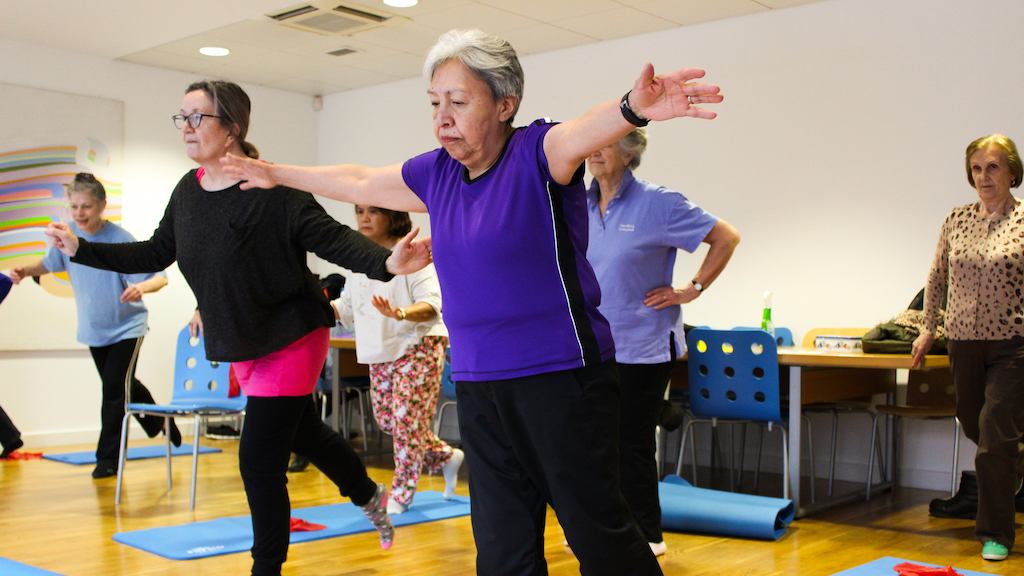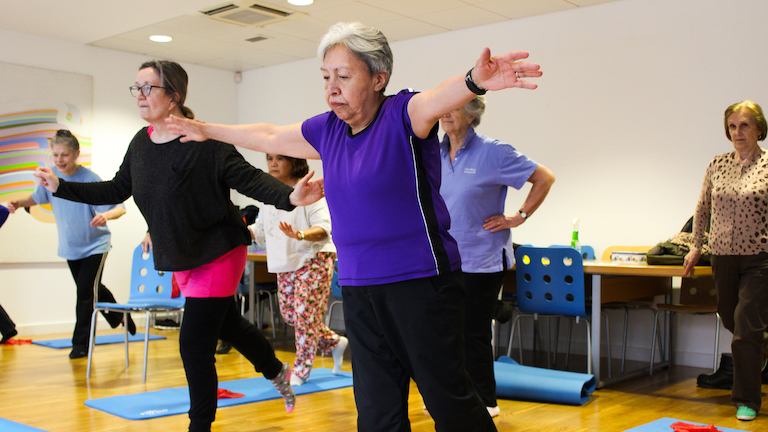Muscle weakness and poor balance are the two most common modifiable risk factors for falls, which can lead to injuries such as hip fractures and make people more likely to end up in hospital or need social care. Hip fractures alone cost the NHS around £1 billion per year.
Strength and balance activity can mitigate these risks and can lower the chance of suffering a fall, improve energy levels, mood and sleeping patterns and reduce the risk of early death.
The report shows that, for adults with declining mobility and those experiencing a loss of muscle and bone strength or balance, there can be a corresponding decline in their ability to manage everyday activities like eating, bathing and getting dressed on their own.
The report recommends that NHS and local authorities support evidence-based programmes, making sure that the most effective approaches to improving strength and balance are accessible and affordable for everyone. Making people aware of the benefit of strength and balance exercises should be a priority, and commissioners must work together to reinforce the information given to patients. There also needs to be improved collaboration between those referring people to programmes and those delivering them.



